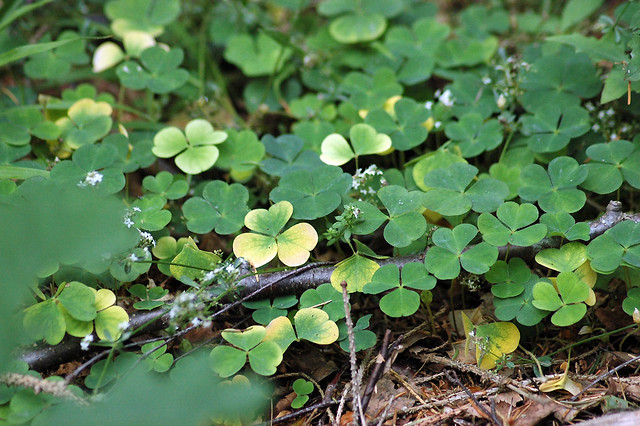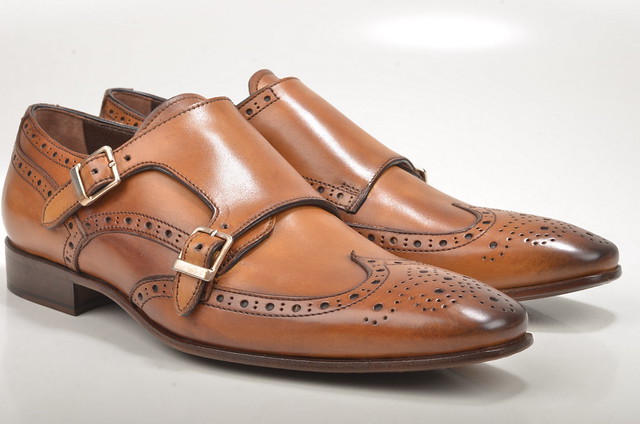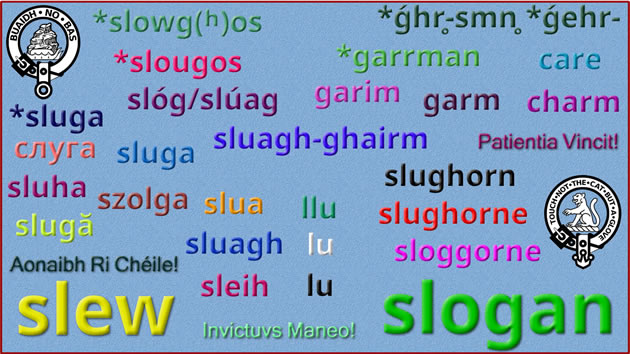Podcast: Play in new window | Download
In this episode we discover the soft and tender Celtic roots of the word bog.
A bog is an area of decayed vegetation which forms a wet spongy ground too soft for walking on, and comes from Middle English bog (swamp, morass), from Irish / Scottish Gaelic bog (soft, tender, marshy, boggy), from Old Irish boc (soft, gentle, tender), from Proto-Celtic *buggos (soft, tender), from PIE *bʰewgʰ- (to bend, curve) [source].
Related words in the modern Celtic languages include:
- bog [bˠɔɡ / bˠʌɡ] (noun) = soft, tender, flabby, indulgent, lenient, mellow (voice), mild (weather), loose, lukewarm in Irish
- bog [boɡ] = flabby, soft, limp, pulpy, moist, marshy, boggy, sloppy, foolish, damp, humid in Scottish Gaelic
- bog = soft, easy, tender, flabby, pulpy, slack, limp, moist, soft-hearted, callow in Manx
- bouk [buːk] = soft, cozy, heavy, stifling (weather) in Breton
English words from the same PIE root include badge, bagel, bay, (to) bow, bow (and arrow), buck and elbow [source].
Incidentally, the word bog is also slang for toilet / bathroom (originally latrine or outhouse) in the UK (especially in northern England), Ireland, Australia and New Zealand, and a boglet is a small patch of boggy ground, or a kind of supernatural being like a bogle or goblin.
More about words for and related things in Celtic languages.
You can find more connections between Celtic languages on the Celtiadur blog. I also write about words, etymology and other language-related topics on the Omniglot Blog.
Tóg go bog é! (Take it easy! – Irish).
Radio Omniglot podcasts are brought to you in association with Blubrry Podcast Hosting, a great place to host your podcasts. Get your first month free with the promo code omniglot.








